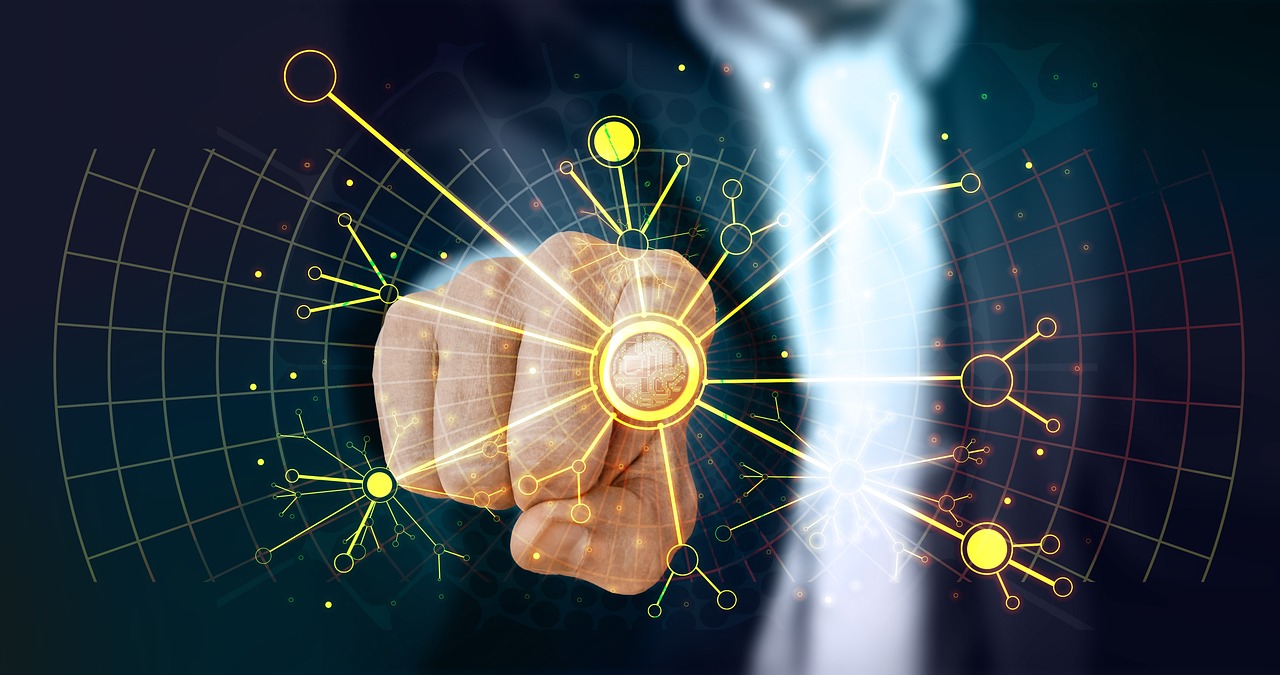Introduction
Artificial Intelligence (AI) has revolutionized various aspects of our lives, becoming an integral part of our daily routines. From personalized recommendations to voice assistants, AI has transformed communication, healthcare, transportation, and education. In this blog, we will explore the profound impact of AI in everyday life and discuss the advancements that have reshaped numerous industries.
AI in Communication and Personalization
Artificial Intelligence has greatly enhanced communication channels, making interactions more seamless and personalized. Chatbots and virtual assistants have become common features on websites and mobile applications, providing instant support and resolving customer queries. These AI-powered systems utilize natural language processing (NLP) algorithms to understand and respond to human inputs.
Moreover, AI algorithms have revolutionized personalized recommendations, influencing our choices in entertainment, e-commerce, and social media. Recommendation engines analyze user preferences, browsing history, and behavior patterns to suggest tailored content, products, and connections. This personalized approach has transformed the way we discover new information, products, and services.
AI in Healthcare
The healthcare sector has embraced AI to enhance diagnostics, treatment, and patient care. AI algorithms analyze vast amounts of medical data, including patient records, research papers, and clinical trials, to assist doctors in accurate diagnoses and treatment decisions. AI-powered tools can detect patterns and anomalies that may be missed by human physicians, leading to earlier detection of diseases and improved patient outcomes.
Additionally, AI-enabled robotic surgery has revolutionized surgical procedures, allowing for more precise and minimally invasive operations. These robotic systems, controlled by AI algorithms, provide surgeons with enhanced visualization, dexterity, and precision, reducing risks and recovery time for patients.
AI in Transportation
The transportation industry has witnessed remarkable transformations through AI-powered technologies. Autonomous vehicles, driven by AI algorithms and sensors, have the potential to revolutionize the way we commute. These self-driving cars can enhance road safety, reduce traffic congestion, and optimize fuel efficiency. With AI at the helm, vehicles can perceive and respond to their surroundings, making split-second decisions to prevent accidents.
AI has also brought significant advancements to public transportation systems. Intelligent traffic management systems utilize AI algorithms to analyze real-time data from various sources, optimizing traffic flow and reducing congestion. Commuters can benefit from accurate arrival predictions, route optimization, and personalized travel recommendations, improving overall efficiency and convenience.
AI in Education
Artificial Intelligence has transformed the education landscape, providing personalized learning experiences and enhancing student outcomes. Adaptive learning platforms powered by AI algorithms analyze student performance data to deliver tailored content and adaptive assessments. This approach enables students to learn at their own pace, focusing on areas where they need more support.
Moreover, AI-based virtual tutors and chatbots provide immediate feedback and assistance, facilitating self-paced learning. These intelligent systems can answer student queries, provide explanations, and offer personalized study recommendations. AI-powered educational tools also assist teachers by automating administrative tasks, grading assignments, and generating insights on student progress, allowing educators to dedicate more time to personalized instruction.
Conclusion
Artificial Intelligence has made an indelible impact on our everyday lives, revolutionizing communication, healthcare, transportation, and education. From personalized recommendations to advanced medical diagnostics, AI has the potential to improve efficiency, safety, and convenience across various industries. As AI continues to evolve, it is crucial to address ethical considerations and ensure responsible development to maximize the benefits while mitigating potential risks. Embracing AI’s potential can lead to a future where technology and humanity coexist harmoniously, enhancing our lives in unimaginable ways.
